The global economy is on track to grow by 2.9 percent in 2022, down 1.2 percentage points from the January projection, the World Bank Group said in its latest Global Economic Prospects released on Tuesday, warning of stagflation risk.
Compounding the damage from the COVID-19 pandemic, the Russia-Ukraine war has magnified the slowdown in the global economy, which is entering what could become a protracted period of feeble growth and elevated inflation, the report said.
This raises the risk of stagflation, with potentially harmful consequences for middle- and low-income economies alike, according to the report.
Global growth is expected to slump from 5.7 percent in 2021 to 2.9 percent in 2022 and hover around that pace over 2023-2024, the report showed.
Growth in advanced economies is projected to sharply decelerate from 5.1 percent in 2021 to 2.6 percent in 2022.
Among emerging market and developing economies, growth is also projected to fall from 6.6 percent in 2021 to 3.4 percent in 2022 -- well below the annual average of 4.8 percent over 2011-2019.
As a result of the damage from the pandemic and the war, the level of per capita income in developing economies this year will be nearly 5 percent below its pre-pandemic trend.
World Bank President David Malpass said that for many countries, recession will be hard to avoid, adding that it is urgent to encourage production and avoid trade restrictions.
"Changes in fiscal, monetary, climate and debt policy are needed to counter capital misallocation and inequality," Malpass said.
Global inflation has risen sharply from its lows in mid-2020 on rebounding global demand, supply bottlenecks, and soaring food and energy prices, according to the report. Markets expect inflation to peak in mid-2022 and then decline, but to remain elevated.
The report also offers the first systematic assessment of how current global economic conditions compare with the stagflation of the 1970s with a particular emphasis on how stagflation could affect emerging market and developing economies.
It noted that ending the stagflation of the 1970s required "steep increases" in interest rates, which triggered a global recession and a string of financial crises in emerging market and developing economies.
If inflation remains elevated, a repeat of the resolution of the earlier stagflation episode could translate into a sharp global downturn along with financial crises in some emerging market and developing economies, the report warned.
"Developing economies will have to balance the need to ensure fiscal sustainability with the need to mitigate the effects of today's overlapping crises on their poorest citizens," said Ayhan Kose, director of the World Bank's Prospects Group.
"Communicating monetary policy decisions clearly, leveraging credible monetary policy frameworks, and protecting central bank independence can effectively anchor inflation expectations and reduce the amount of policy tightening required to achieve the desired effects on inflation and activity," Kose said.












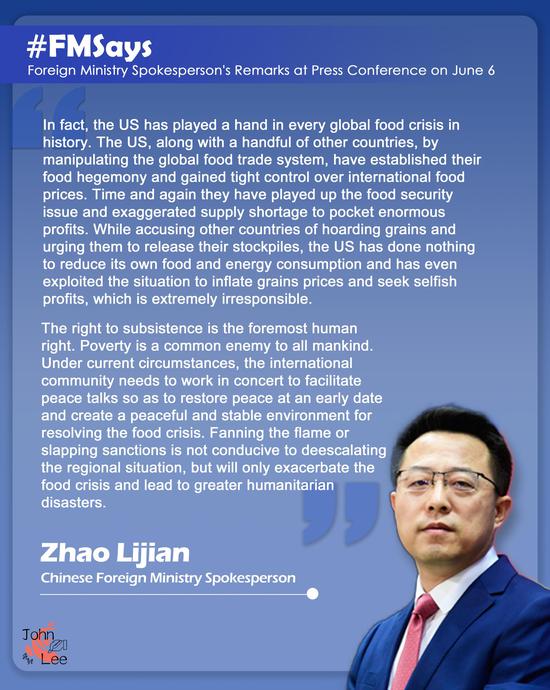


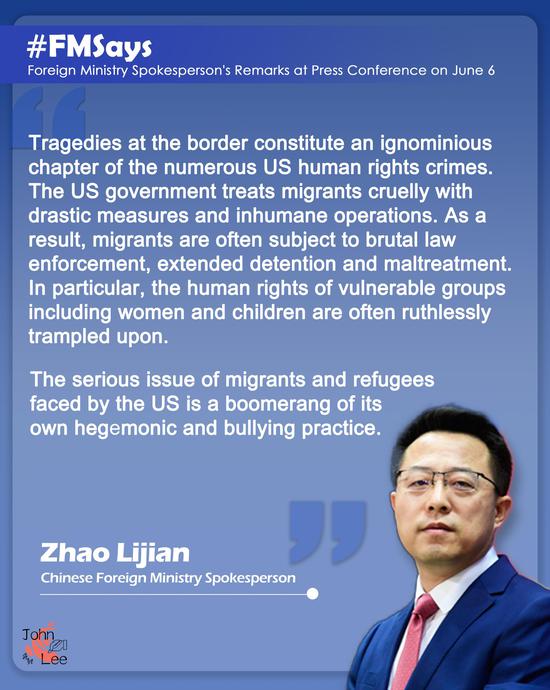

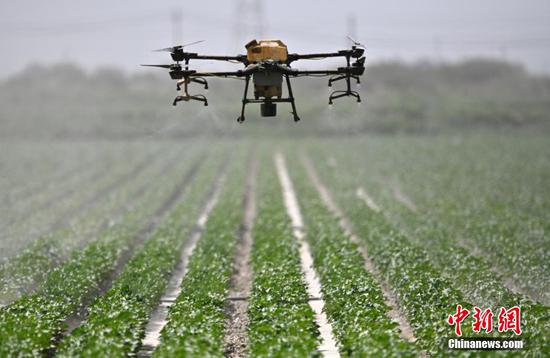



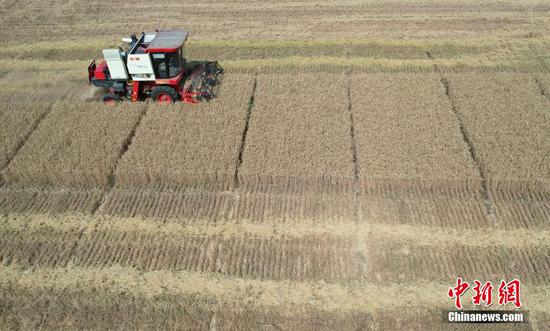












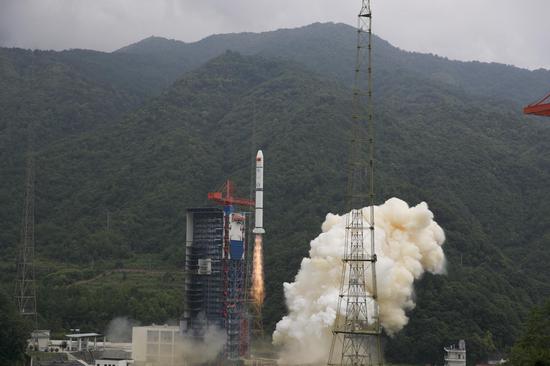















 京公網安備 11010202009201號
京公網安備 11010202009201號